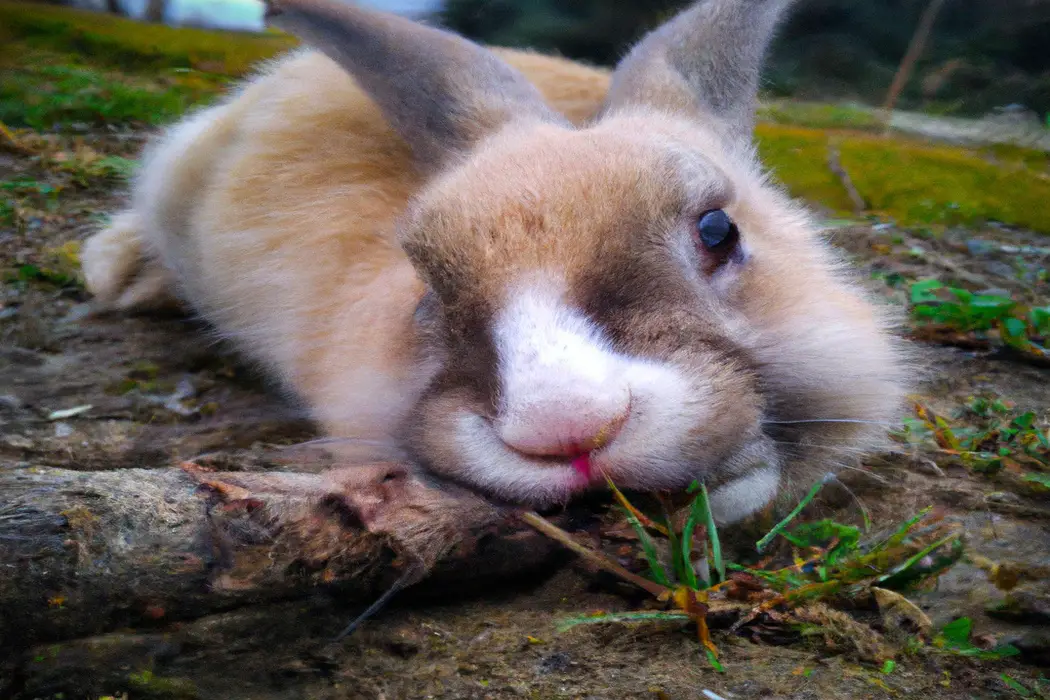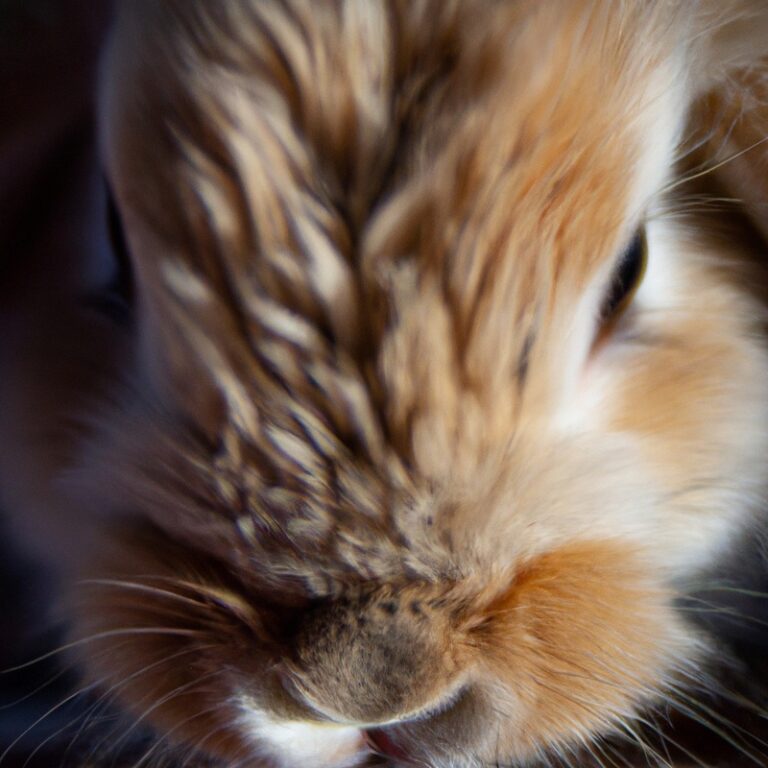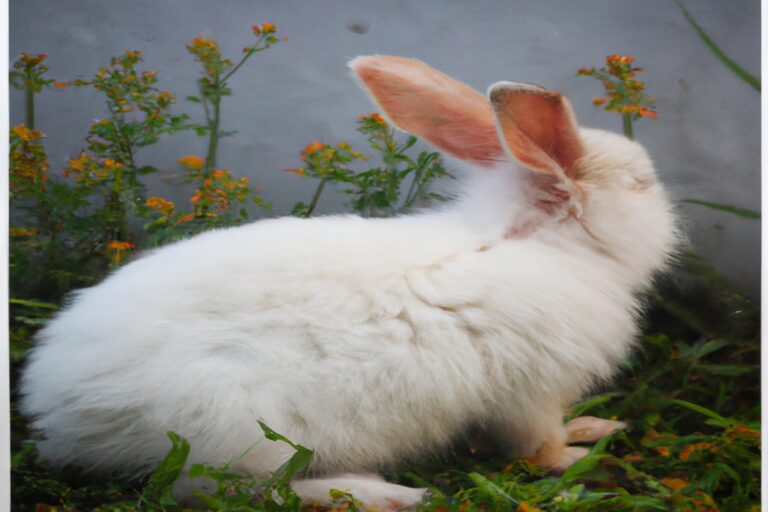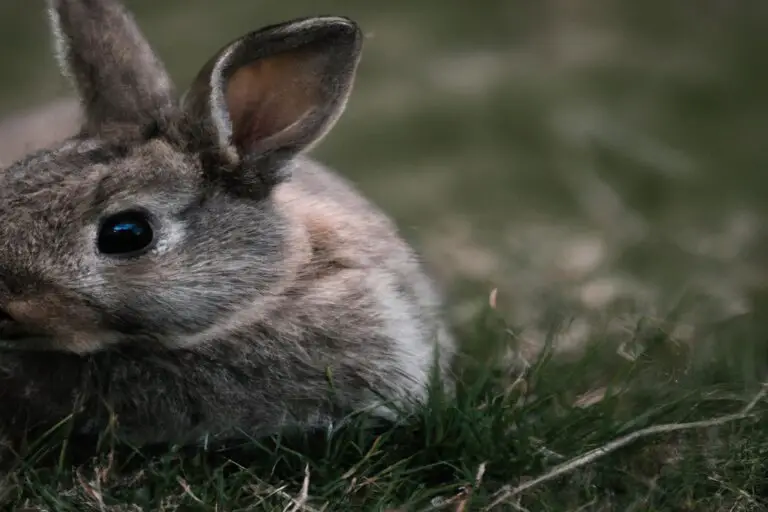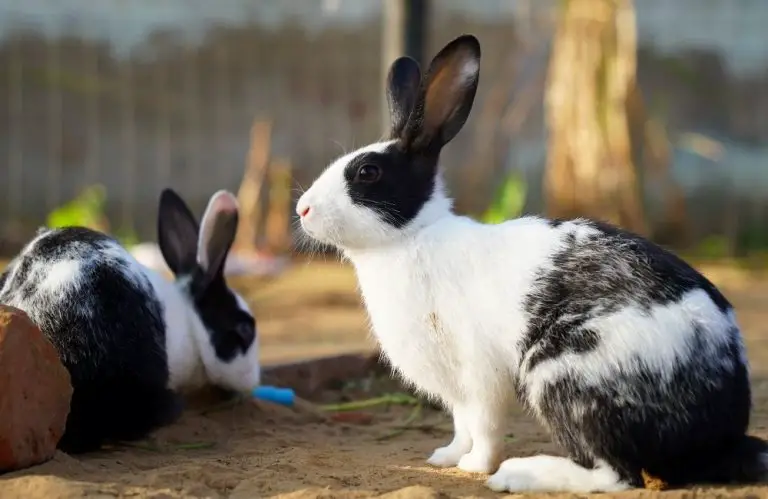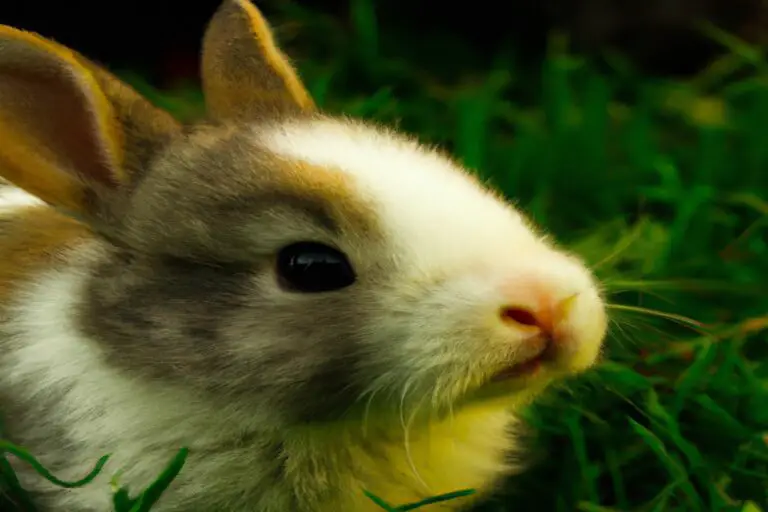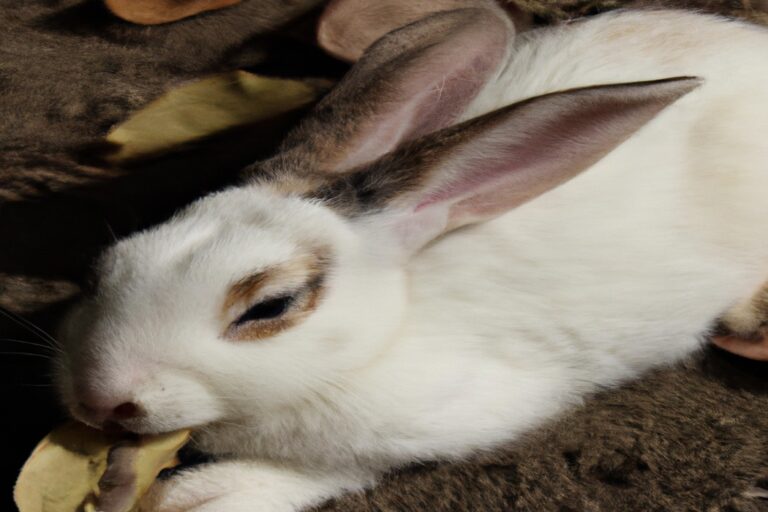Can Rabbits Drink Tap Water for hydration?
Key Takeaways:
- Rabbits can safely drink tap water as long as it is clean and free from contaminants.
- Chlorine and heavy mineral content in tap water can be harmful to rabbits, so consider using a filter or providing them with bottled or distilled water instead.
- It’s important to ensure that rabbits have access to fresh water at all times to prevent dehydration.
- Consulting with a veterinarian is recommended to address any specific concerns or regional variations regarding tap water safety for rabbits.
Are you a proud rabbit owner?
Then you know how important it is to keep your furry friend healthy and happy.
And one of the keys to their well-being is proper hydration.
But what about tap water?
Can rabbits safely drink it?
Well, the quality and composition of tap water can vary, and some chemicals present in it might not be ideal for our fluffy companions.
In this article, we’ll explore the importance of water for rabbits, delve into the world of tap water, discuss its potential risks, and even explore some alternative options.
So, sit back, relax, and let’s quench our thirst for knowledge about keeping rabbits hydrated.
| Topic | Can rabbits drink tap water? |
| Pros | 1. Availability: Tap water is readily available and convenient to use for the owners of pet rabbits. |
| 2. Cost-effective: Tap water is usually free or relatively inexpensive compared to other bottled or specialized water. | |
| 3. Regulation: Tap water is regulated and tested by local authorities to ensure its safety and quality. | |
| 4. Hydration: Tap water provides essential hydration to rabbits, helping them maintain their overall health and well-being. | |
| Cons | 1. Contaminants: Tap water may contain various contaminants, such as chemicals, heavy metals, or bacteria, depending on the specific location. |
| 2. Chlorine: Tap water often contains chlorine, which can be harmful to rabbits if present in high concentrations. | |
| 3. Hard water: Some tap water sources may have high mineral content, leading to the formation of deposits or potentially causing health issues for rabbits. | |
| 4. Allergies: Some rabbits may develop allergies or sensitivities to certain components present in tap water. |
Why water is important for rabbits
Water is essential for a rabbit’s health and well-being.
Importance of water for overall health
Water is essential for maintaining overall health. It plays a crucial role in various bodily functions and processes.
Firstly, water helps to regulate body temperature and prevent overheating.
Secondly, it aids in digestion and helps to prevent constipation. Thirdly, water is important for the proper functioning of organs, including the kidneys, which help to remove waste from the body.
Additionally, water promotes healthy skin, lubricates joints, and carries nutrients to cells.
To ensure optimal health, it is important to drink an adequate amount of water daily.
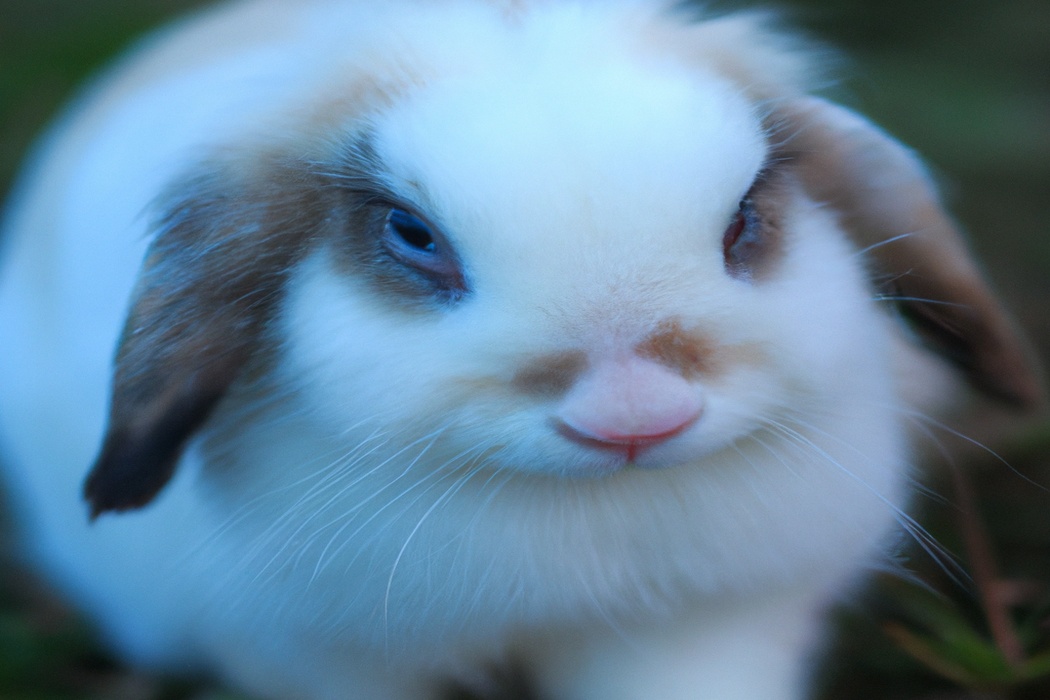
Hydration for digestion and preventing dehydration
Proper hydration is essential for rabbits as it plays a vital role in digestion and preventing dehydration.
Water helps break down food and aids in the absorption of nutrients in the digestive system.
It also helps regulate body temperature and promotes healthy organ function.
Without enough water, rabbits can suffer from digestive issues and become dehydrated, which can be life-threatening.
Make sure your rabbit has access to fresh, clean water at all times to ensure their digestive health and prevent dehydration.
Understanding tap water for rabbits
Tap water is an important aspect to understand when it comes to meeting the hydration needs of your rabbits.
Quality of tap water
Tap water is generally safe for rabbits to drink, but it’s important to consider its quality. Ensure that your tap water comes from a clean and reliable source.
It should be free from harmful chemicals, such as chlorine or fluoride, which can be harmful to rabbits’ health.
If you have concerns about the quality of your tap water, you may want to consider using a water filter or providing bottled water for your rabbits. Regularly changing the water and keeping the water dish clean is also essential for your rabbits’ well-being.
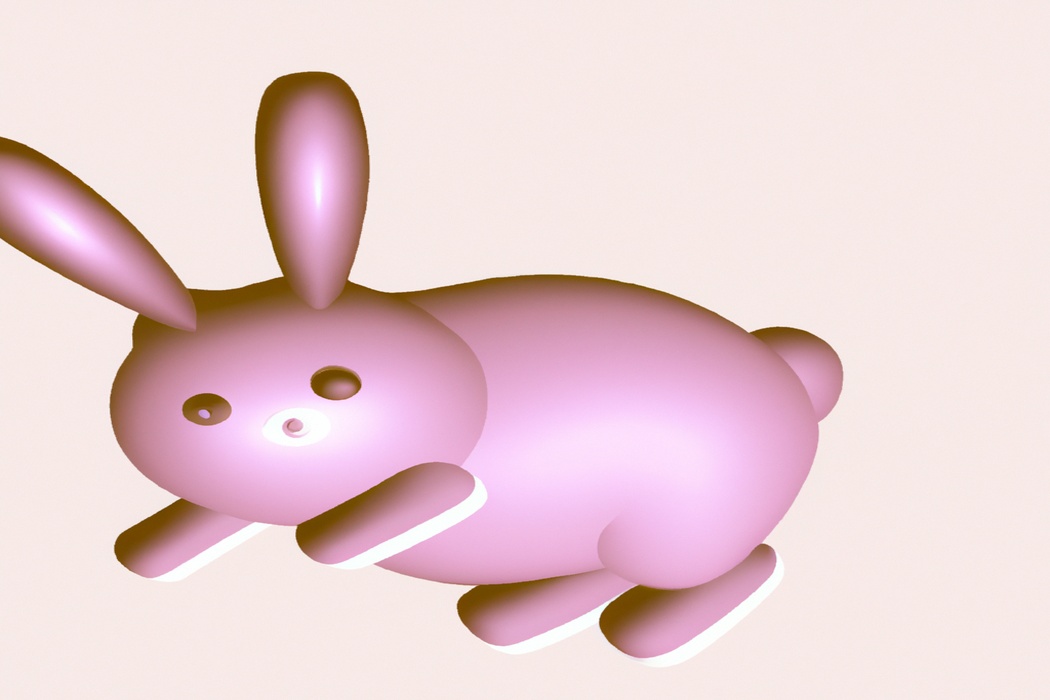
Chemicals in tap water and their effect on rabbits
Some tap water contains chemicals such as chlorine and fluoride, which can be harmful to rabbits.
These chemicals can disrupt the delicate balance of a rabbit’s gut flora and potentially lead to digestive issues and other health problems.
It’s important to provide rabbits with fresh, clean water that does not contain these harmful chemicals.
One option is to use filtered or bottled water to ensure their safety.
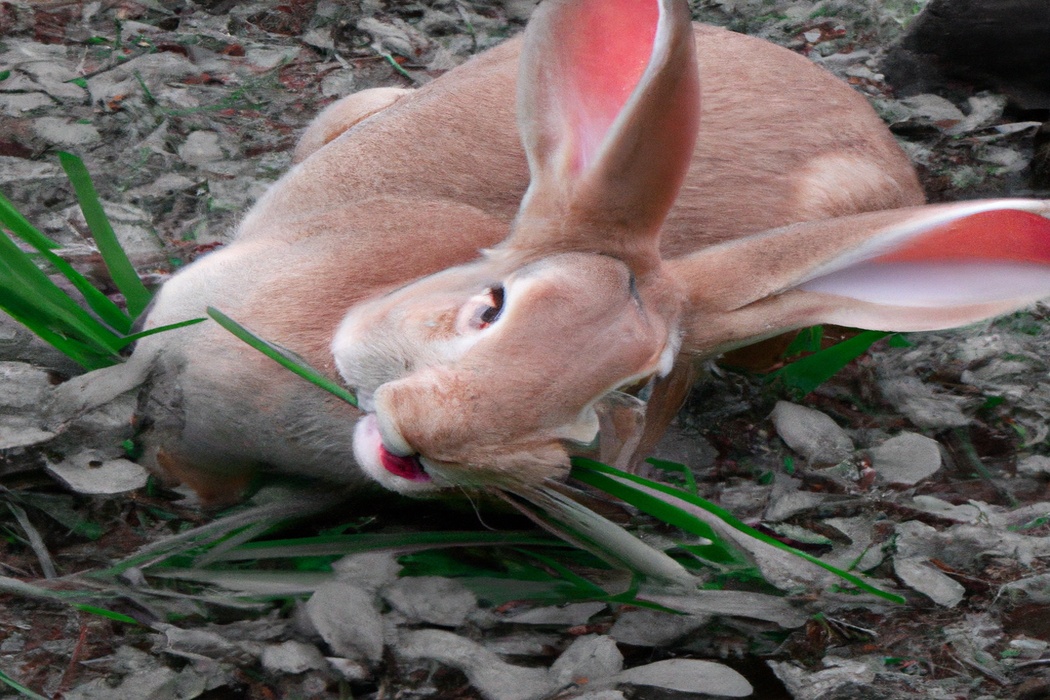
Can rabbits safely drink tap water?
Yes, rabbits can safely drink tap water.
Factors to consider
When deciding whether or not to give your rabbit tap water, there are a few factors to consider.
- Chlorine levels: Tap water usually contains chlorine, which can be harmful to rabbits in large quantities. It is important to check the chlorine levels and consider using a water filter or letting the water sit for a few hours to allow the chlorine to dissipate.
- Water quality: Some areas have tap water that is high in minerals or contaminants, which can negatively impact your rabbit’s health. If you have concerns about the water quality in your area, consider getting your rabbit bottled or filtered water.
- Water source: The source of tap water can vary depending on where you live. Municipal water supplies are generally safe, but if you have a private well, it’s important to have it tested regularly for any potential contaminants.
Remember, the health and well-being of your rabbit should always be your top priority. If you have any doubts or concerns about the safety of tap water, it’s best to consult with a veterinarian for personalized advice.
Risk of contaminants in tap water
Tap water may contain harmful contaminants that can pose a risk to rabbits. These contaminants include chlorine, lead, pesticides, and other chemicals.
Even low levels of these substances can be toxic to rabbits and may lead to health issues such as kidney damage or digestive problems.
It’s important to provide your rabbit with clean and safe water by using a water filter or giving them bottled water. Ensuring their water source is free from contaminants is crucial for your rabbit’s overall health and well-being.
Alternatives to tap water for rabbits
Two alternatives to tap water for rabbits are bottled water and filtered water.
Bottled water
Bottled water can be a convenient option for rabbits, but there are a few things to consider.
Firstly, make sure the bottled water you choose is free from additives like flavors or minerals, as these can be harmful to your rabbit.
Also, check the expiration date to ensure it is fresh.
Secondly, always provide fresh, clean water and change it regularly to prevent bacteria growth.
Lastly, monitor your rabbit’s water intake to ensure they are staying hydrated.
Remember, water is essential for your rabbit’s health and well-being.
Filtered water
Filtered water is a safe and healthy option for rabbits to drink.
It removes impurities and contaminants, ensuring that the water is clean and safe for consumption.
Filtered water can be obtained through various methods, such as using a faucet filter or a water pitcher with a built-in filter.
It is important to regularly change and maintain the filters to ensure their effectiveness.
Providing your rabbit with filtered water can help maintain their overall health and well-being.
Tips for ensuring water safety for rabbits
Proper storage and regular cleaning of water bowls are essential for ensuring water safety for your rabbits.
Proper water storage
Proper water storage is essential for ensuring the health and well-being of rabbits. Here are some tips to keep in mind:
- Use clean and uncontaminated water containers for storing water.
- Clean the water containers regularly to prevent bacteria buildup.
- Store the water containers in a cool, shaded area to maintain a consistent temperature.
- Ensure the water containers are securely fastened to prevent spills and leakage.
- Monitor the water level daily and refill as needed to ensure a constant supply of fresh water.
Cleaning water bowls regularly
To ensure water safety for your rabbits, it’s important to clean their water bowls regularly. Here’s why:
- Regular cleaning helps prevent bacteria and algae buildup in the water.
- Dirty water can make your rabbits sick and lead to health issues.
- Cleaning their water bowls also helps keep the water fresh and appealing to drink.
To clean the water bowls:
- Rinse the bowl with warm water to remove any debris.
- Use a mild soap or pet-safe cleaning solution to scrub the bowl.
- Rinse thoroughly to remove any soap residue.
- Allow the bowl to air dry before refilling it with fresh water.
By regularly cleaning their water bowls, you can ensure a safe and healthy water source for your beloved rabbits.
Frequently Asked Questions
Can rabbits drink well water?
Yes, rabbits can drink well water as long as it is safe and fresh. However, there are a few considerations to keep in mind.
Well water should be tested regularly for contaminants such as bacteria, nitrates, and other potential toxins.
It’s best to have your well water tested by a professional lab to ensure it is safe for your rabbit. Additionally, make sure the water is clean and provided in a clean container to avoid any health issues for your furry friend.
Can rabbits drink rainwater?
Yes, rabbits can drink rainwater. Rainwater is usually safe for rabbits to consume, as it is natural and doesn’t contain harmful additives or chemicals.
However, it is important to ensure that the rainwater is clean and free from pollutants or contaminants.
If you choose to give your rabbit rainwater, collect it in a clean container and make sure it is fresh before serving it to your furry friend. You can also consider filtering the rainwater to remove any impurities.
As always, it’s best to consult with a veterinarian for specific advice regarding your rabbit’s dietary needs.
Final Verdict
Ensuring that rabbits have access to clean and fresh water is crucial for their overall health and well-being. While tap water can be a convenient option, it is important to consider the quality and potential chemicals present in it.
Factors such as the source, treatment process, and your location can impact the safety of tap water for rabbits.
If tap water is not suitable, alternatives such as bottled water or filtered water can be considered. To ensure water safety, proper storage and regular cleaning of water bowls are essential.
Ultimately, providing rabbits with the best quality water possible is a key responsibility for their optimal health.

